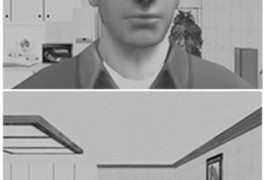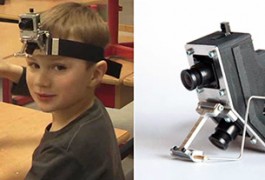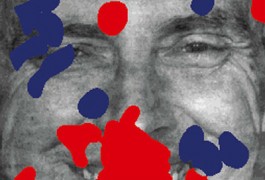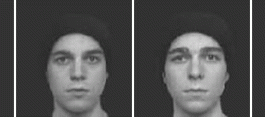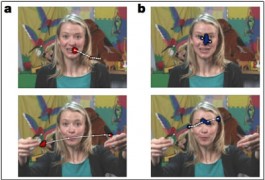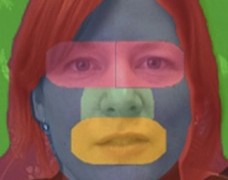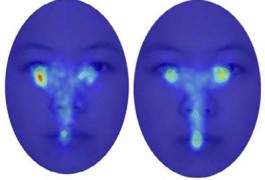Cognition and behavior: Oxytocin helps recognize faces
Genetic variants in a receptor for the hormone oxytocin may contribute to the range of social skills seen in individuals with and without autism, suggests a study published 4 February in the Proceedings of the National Academy of Sciences.

